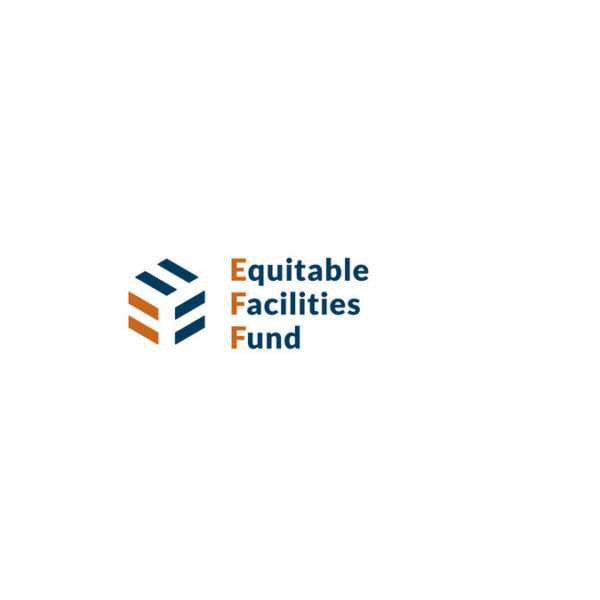The A-rated “Social Bonds” were closed by Equitable School Revolving Fund (ESRF), which has the objective of giving high-performing, high-impact public charter schools across the country access to inexpensive facilities. With the money, Equitable Facilities Fund (EFF), the organisation in charge of running the ESRF programme, will be able to increase the number of schools it borrows money from and continue to offer top-notch educational opportunities to more than 60,000 students, more than 80% of whom are from economically disadvantaged backgrounds.
The philanthropy-backed impact fund of the EFF will be recapitalized through the fourth round of bonds issued by ESRF. Since its inception in 2017, the impact fund has provided over $800 million in finance to help 120 schools spread across 35 cities in 19 states. Kestrel Verifiers has awarded each series a Social Bond accreditation, indicating the high social effect of the educational portfolio. The “A” rating of ESRF was also reaffirmed by S&P Global Ratings in July, and the outlook was changed from stable to positive due to “ongoing loan portfolio diversification” and “excellent operating performance during the program’s three-year lifespan.” The number of investors increased to 67 as a result of the strong demand for our most recent offering from both new and recurring investors.
Despite receiving public funds for each student, charter schools frequently lack equitable access to high-quality educational facilities. EFF is specifically made to level the playing field by adopting a cutting-edge strategy to offer affordable loans to schools so they can take on their own facility renovations. Over $160 million in savings have so far been reinvested in EFF’s portfolio schools, where 90% of children outperform their district peers. “Parents have made it quite clear that they favour public schools with good test scores for their kids. Now that investors have made their values for investments that benefit families and communities known, “added Anand Kesavan, CEO and founder of the EFF. “Communities are changing thanks to the schools in our portfolio. Now that we are close to $1 billion in loan capital, it is evident that investors value this as well “affirms Kesavan.
The solid basis of the EFF allows for innovation and growth in order to assist more students, and it gives brave funders a better way to put their donations to use. The EFF has so far garnered $300 million in philanthropy, supporting the fund’s credit structure and enabling it to provide schools outsized loan reductions. The team is currently working to raise an extra $200 million to launch a second fund, which will allow EFF to disburse a total of more than $2.5 billion in loans by the end of 2027.

